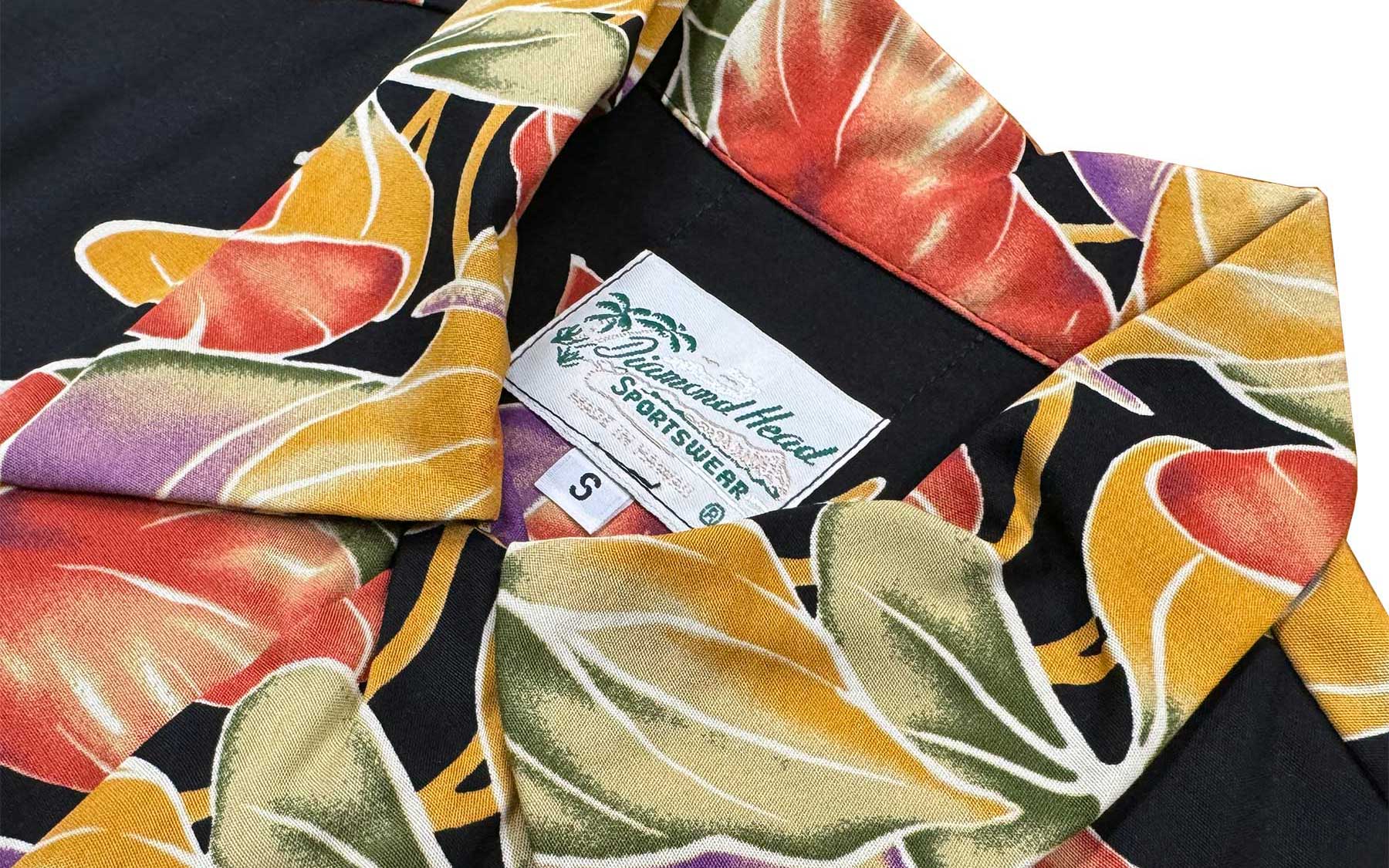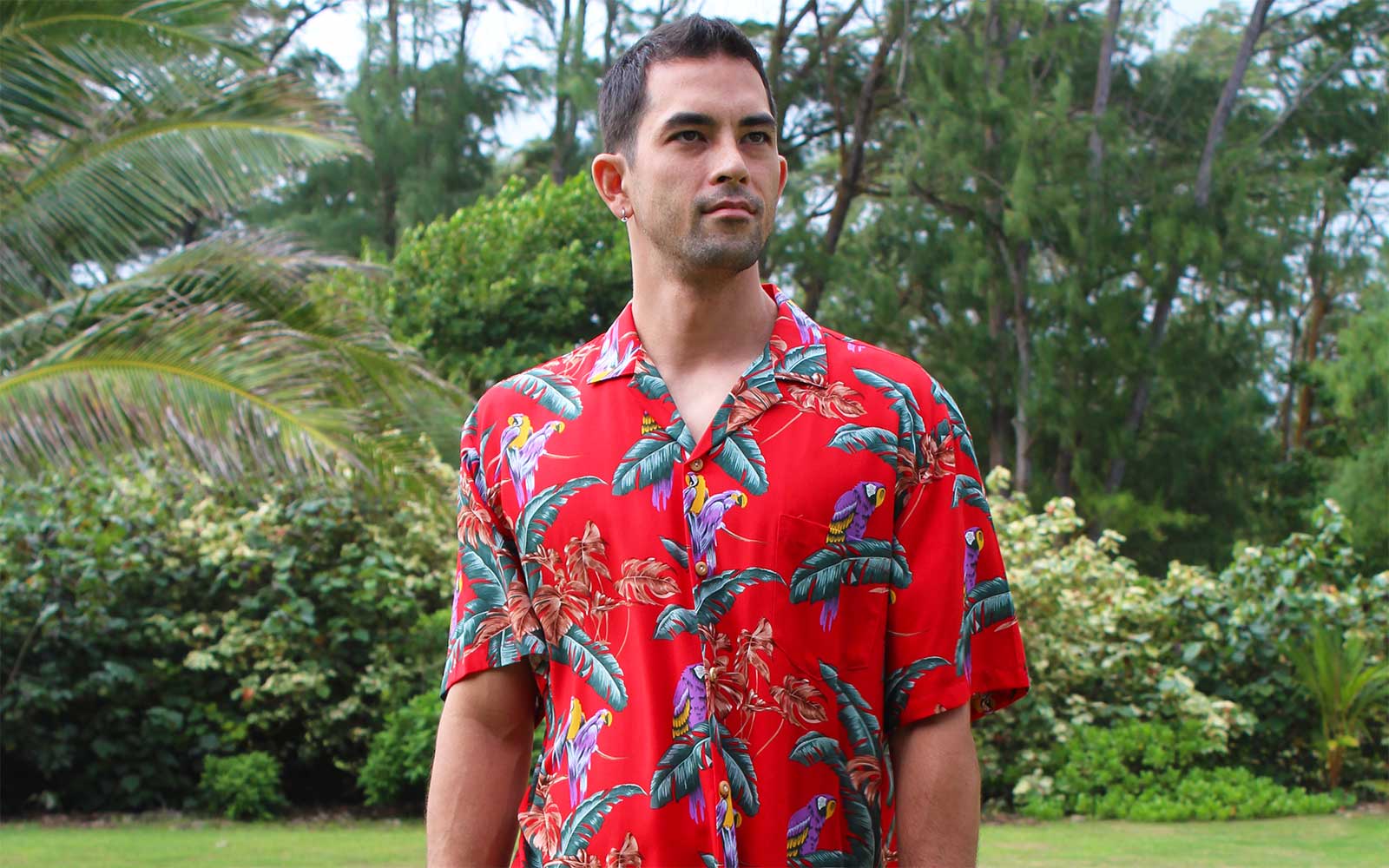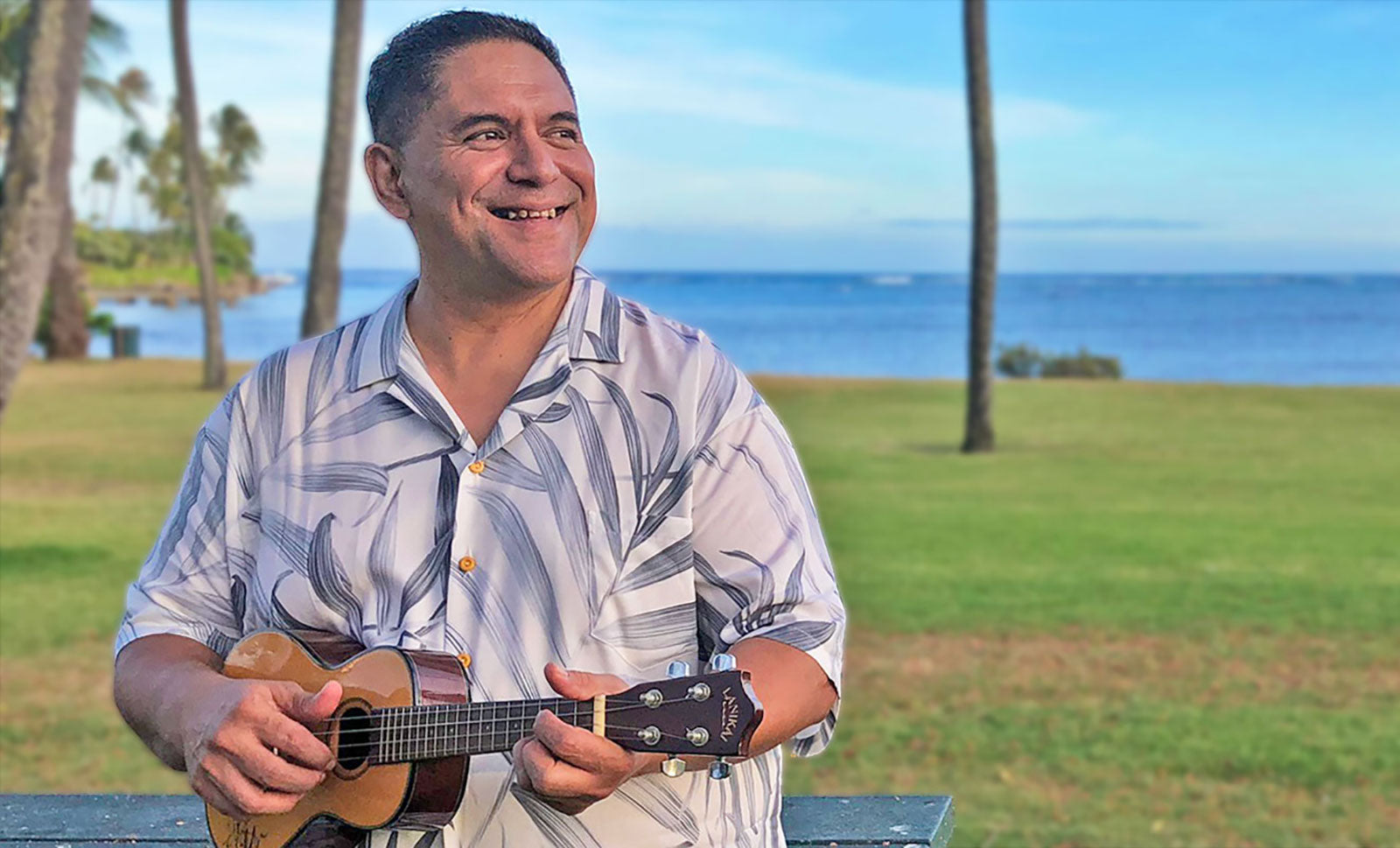Pono, like many Hawaiian words, does not have a one-to-one-word English translation. If there were one, it would probably be "righteousness," as in the state motto: "Ua Mau ke Ea o ka Aina i ka Pono," or "The life of the land is perpetuated in righteousness."
What's missing with the word "righteousness," however, is the balance and harmony pono connotes for Hawaiians. To be pono means to be in a state of harmony or balance with oneself, others, the land, work and life itself.
Samuel Hoyt Elbert's Hawaiian dictionary gives six different meanings for pono. While we most often think of pono as an adjective, some meanings here are nouns or adverbs:
- Goodness, uprightness, morality, moral qualities, correct or proper procedure, excellence, well-being, prosperity, welfare, benefit, behalf, equity, sake, true condition or nature, duty; moral, fitting, proper, righteous, right, upright, just, virtuous, fair, beneficial, successful, in perfect order, accurate, correct, eased, relieved; should, ought, must, necessary.
- Completely, properly, rightly, well, exactly, carefully, satisfactorily, much (an intensifier).
- Property, resources, assets, fortune, belongings, equipment, household goods, furniture, gear of any kind, possessions, accessories, necessities.
- Use, purpose, plan.
- Hope.
- Careless, informal, improper, any kind of (preceding a stem). For example: Ponoʻai, to eat in any way or anything, take potluck. Ponohana, to work any way that suits one. Pononō i ka noho, living any old way, shiftless. Pono lole, any kind of clothes. Mai pono hana ʻoe, akā e hana pono, don't work carelessly, but work carefully.
Pono, like mahalo, or a thankful way of living, and kuleana, or a sense of personal responsibility, is one of the values of the aloha spirit that's so deeply ingrained in Hawaiian culture. It differs slightly from the other values in that, for most, it is slightly out of reach. It is something to authentically aspire to rather than to fully attain, mostly because pono means more than doing the right thing in a given situation, but rather living life with balance, harmony and integrity, seeking to improve the surrounding world.
The concept of pono is taught to Hawaiian children at a very young age. It is a guiding principle that is to shape their every decision. "Is it pono?' they are to ask. In other words, will what you're about to do help bring harmony and good into the world?

The concept may feel a bit lofty until one considers an example. Littering is easy to do because it requires effort to put something into the garbage, especially if there isn't one nearby. The pono choice, however, would be to avoid littering, as it affects the earth, creating imbalance and introducing a foreign substance into the natural world. Picking up someone else's garbage is also a pono action, as it helps restore order and balance, even though it's a small action.
Pono is a large, diverse idea that encompasses a range of balanced, proper and good actions. It is also an idealistic one, in that everyone does something that's not pono once in a while. But the Hawaiian way is to keep reaching for pono in life by making righteous decisions each day.




